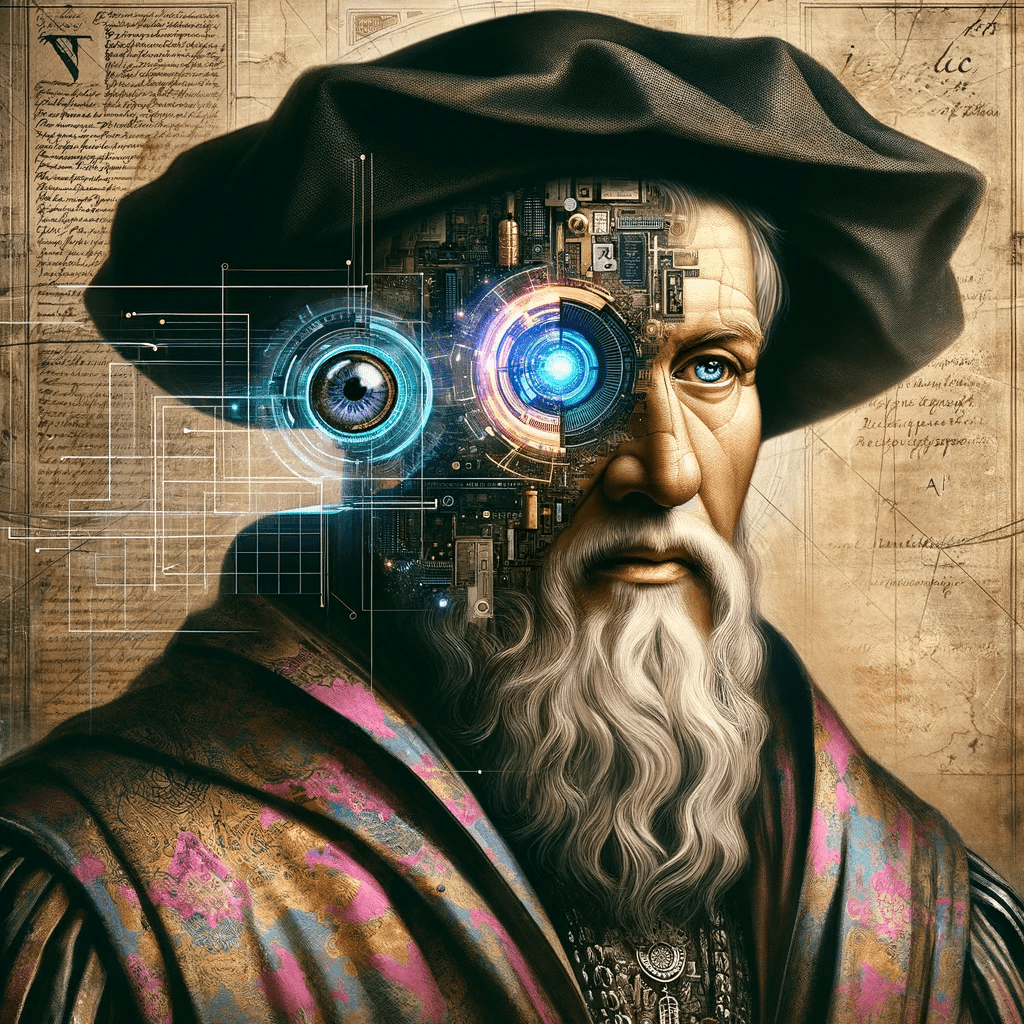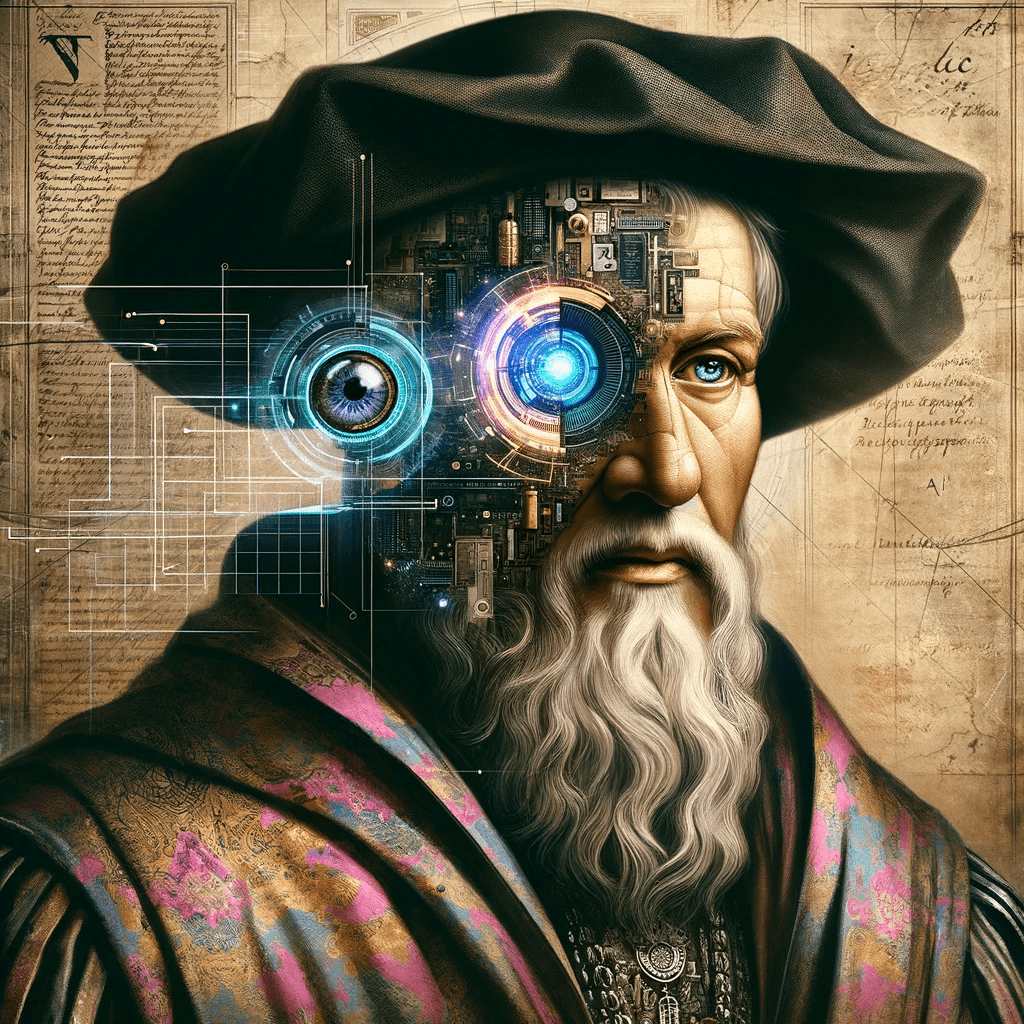Table Of Content
Nostradamus, a name synonymous with prophetic foresight, rather than ai predictions, has intrigued the world for centuries. A 16th-century French apothecary and reputed seer, he penned ‘Les Prophéties’, a collection of 942 poetic quatrains that have ignited endless debates and speculations about their ability to predict the future. This post delves into the enigma surrounding Nostradamus’ predictions, exploring their validity and relevance to contemporary times, including the year 2024 and the rise of artificial intelligence.

The Mystery of Nostradamus’ Predictions:
Nostradamus’ quatrains are notorious for their cryptic and often ambiguous language, incorporating a blend of French, Greek, Latin, and Occitan. This obscurity has led to myriad interpretations, with each reader potentially drawing different conclusions about the events described. The mystery is deepened by the fact that these quatrains lack clear references to specific dates or places, making it challenging to pin them to particular historical events.
Debunking or Affirming the Predictions:
Throughout history, various figures and events have been retroactively linked to Nostradamus’ quatrains, including the rise of Hitler, the French Revolution, and the 9/11 attacks. Critics argue that the vague and metaphorical nature of his writing allows for broad interpretations, often twisted to fit events after they have occurred. However, some enthusiasts believe that, despite the skepticism, certain quatrains have uncannily foreseen major world events, defending the legitimacy of his prophetic vision.
Nostradamus and 2024:
As 2024 approaches, curiosity surges around what Nostradamus might have predicted for this year. While there is no consensus or explicit mention of the year 2024 in his quatrains, interpreters often attempt to link current global events and trends to his words. From climate change to political upheavals, enthusiasts scrutinize his verses for clues, though such connections remain speculative and highly debated.
Did Nostradamus predict the Rise of AI ?
Looking at technology, particularly the rise of artificial intelligence, some speculate that Nostradamus might have glimpsed the future. Though no direct references exist, certain quatrains are interpreted as alluding to the technological advancements and societal changes brought about by AI. The debate is ongoing, with interpretations ranging from the symbolic to the literal, reflecting the broader uncertainties surrounding the future of AI and its impact on humanity.
To sum it all up
The legacy of Nostradamus’ predictions continues to captivate the public imagination, embodying our fascination with the unknown and the allure of peering into the future. Whether one views his quatrains as genuine prophecies or ambiguous verses prone to subjective interpretation, they underscore a timeless human quest to understand and predict the forces shaping our world. As we navigate the complexities of the 21st century, the mystery of Nostradamus remains a compelling testament to the enduring desire for foresight and meaning in an unpredictable world.


